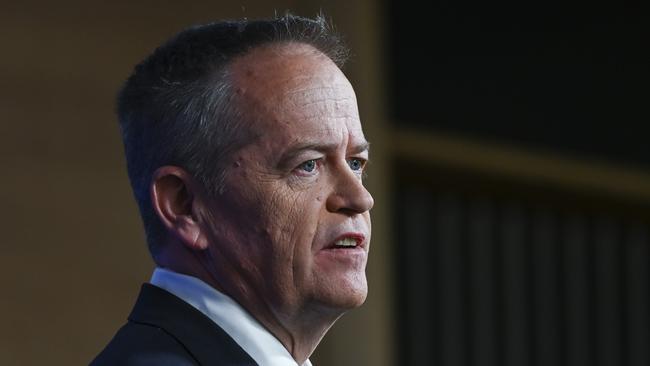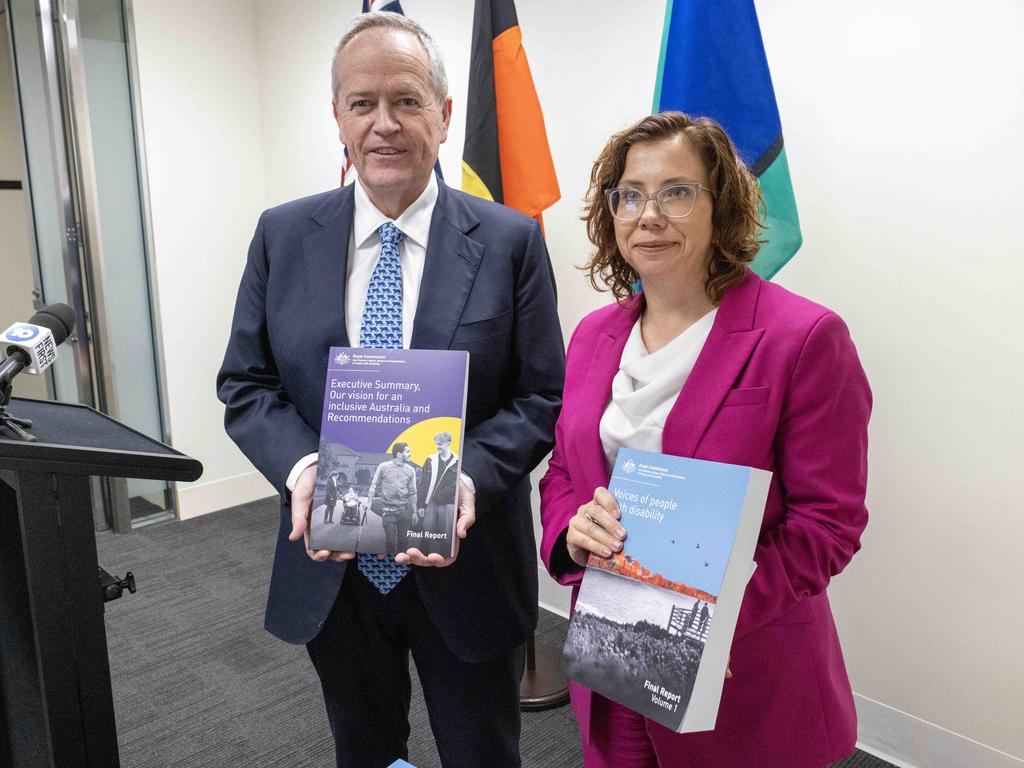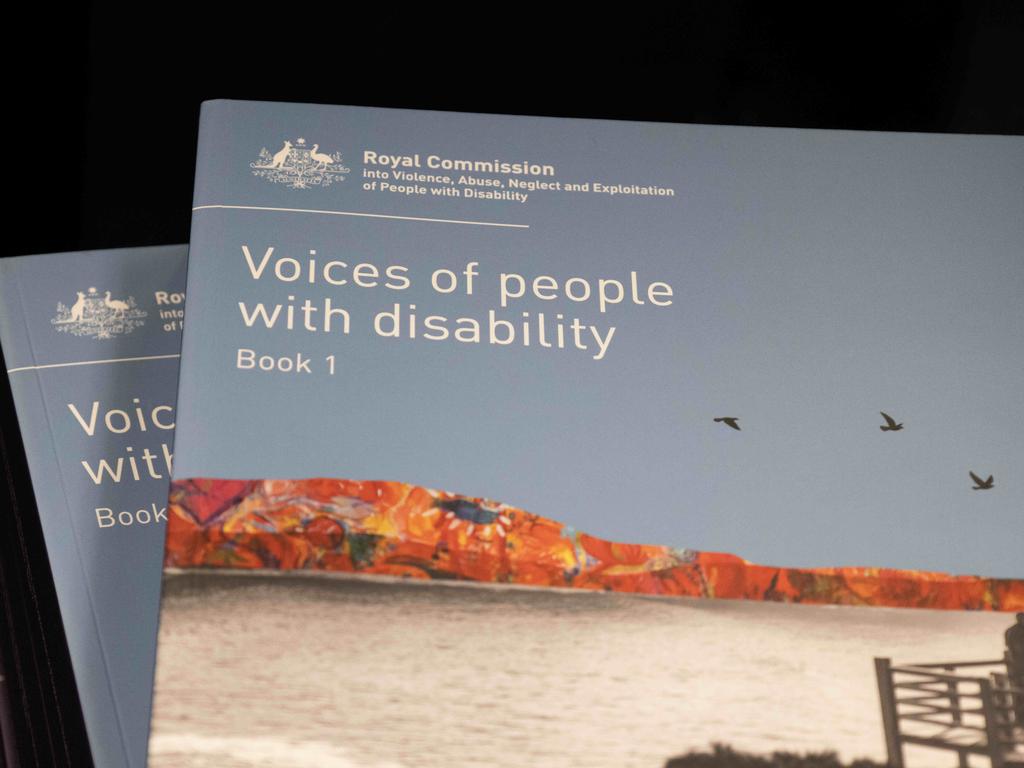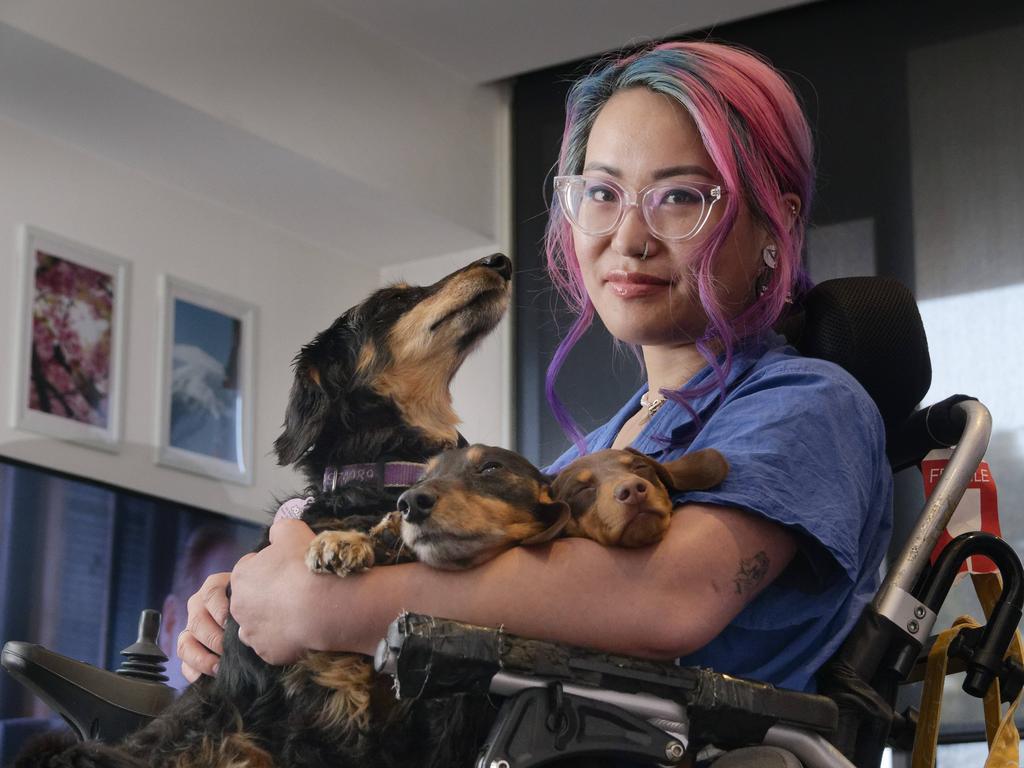Disability Royal Commission: blueprint dismay after $600m report
Australia’s most expensive royal commission has handballed some of its most contentious decisions on the future of special schools, group homes and disability employment to governments.

Australia’s most expensive royal commission has handballed contentious decisions on the future of special schools, group homes and disability employment back to governments after its commissioners were sharply divided despite having $600m and four years to deliver a clear reform road map.
The royal commission into violence, abuse, neglect and exploitation of people with disability has proposed a complete overhaul of the nation’s disability system, including new laws to prevent discrimination, a new federal disability inclusion minister and a federal watchdog to police disabled people’s rights including under the NDIS.
And it has proposed root-and-branch reforms of how the education, health, housing, employment and legal systems are run for the 4.4 million Australians living with disabilities as it looks to ensure their human rights and greater inclusion in society.
But division among the six commissioners on a number of the 222 recommendations in the final report – including the future of special schools and group homes – has left some advocates and experts concerned the lack of consensus will stall action.
Four commissioners urged group homes be phased out over 15 years; three commissioners said special schools should be shut by 2051 but others disagreed; all commissioners said pay for disability employment should rise to half the minimum wage, with the difference paid by the government until 2034.
While some have described the outcome of the commission as a “major disappointment”, others have urged the government to end “segregation” of disabled people.
Grattan Institute disability program director Sam Bennett said the lack of unanimity was a “disappointing flaw” in the final report, while Down Syndrome Australia also said it was disappointed in the split among commissioners on significant reforms.
Mr Bennett said the argument from three of the commissioners, including chair Ronald Sackville – that separating people with disability from others in schools or group homes was not necessarily bad if it resulted from informed choices by people with disability or their families – “effectively gives the government a free swing in opting out of recommendations it thinks are too hard”.
Former NDIS board member Martin Lavery, chief executive of one of Australia’s largest charitable providers, said the inability to reach consensus stemmed from the disruption that closing all non-mainstream schools would have on the country.
“They couldn’t reach consensus because disrupting established schools, homes and workplaces needs individual choices of people with disability to be heard, for alternate education, living and work options to be provided, and for state and territory governments to agree with the federal government on funding the change,” he said.
But Children and Young People with Disability Australia chief executive Skye Kakoschke-Moore backed the three commissioners who called for a phase-out of special schools, saying “full inclusion is the only way that children and young people with disability will get to realise their full aspiration”.
All six commissioners agreed mainstream schools should be equipped to support children with a disability and that a “national road map to inclusive education” set targets for these students. While their final report recommended a new statutory body be propped up, known as the National Disability Commission, the Human Rights Commission questioned whether such an entity would be necessary, or whether its own Disability Discrimination Commissioner could simply be given a broader remit.
The full report, comprising 12 volumes and almost 5000 pages, was tabled in federal parliament on Friday. Social Services Minister Amanda Rishworth said the government would take its time to examine the report in its full context.
The commission proposed that the federal and state governments respond by March.
Ms Rishworth said it now came down to the government to decide on which of the commissioners’ views to back.
“The message of this report is clear – we do need to do better. Over the past four years, the outpouring of experiences of violence, abuse, neglect and exploitation have shocked Australians,” she said.
“The commissioners on a number of recommendations brought different perspectives, that’s not unusual in a royal commission. The government will have to work through those different perspectives.”
The final report, which came after years of harrowing testimony from thousands of people with disability about violence, abuse, neglect and exploitation, focused on recommendations to ensure the human rights and inclusion of all people with disability.
“Realising an inclusive society is the responsibility of the whole of Australia,” the report says. “Everyone in Australia needs to understand that people with disability are not a problem to be fixed, managed or hidden away.”
Legal and justice reforms put forward included the end of solitary confinement being used as a measure in juvenile detention, and for involuntary sterilisation to be prohibited by law within 18 months.
The report recommended a range of measures to better support inclusion for people with disability. It proposed that those working in disability enterprises, formerly known as sheltered workshops, should be entitled to at least half the minimum wage and that the gap be eliminated entirely by 2034.
However, two commissioners noted concerns that recommending the public sector pay full wages to people with disability in advance of 2034 would “act as a disincentive to their employment”.
Commissioners were unified on the recommendation that there should be more effort to ensure people with disability lived where they wanted, including in individualised settings, rather than having to live in group homes. But the issue of segregation in school, work and accommodation settings split the commissioners.






